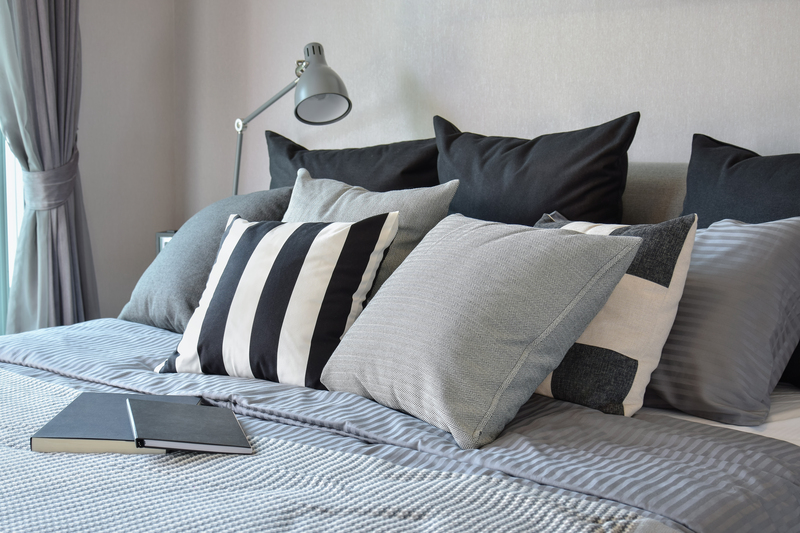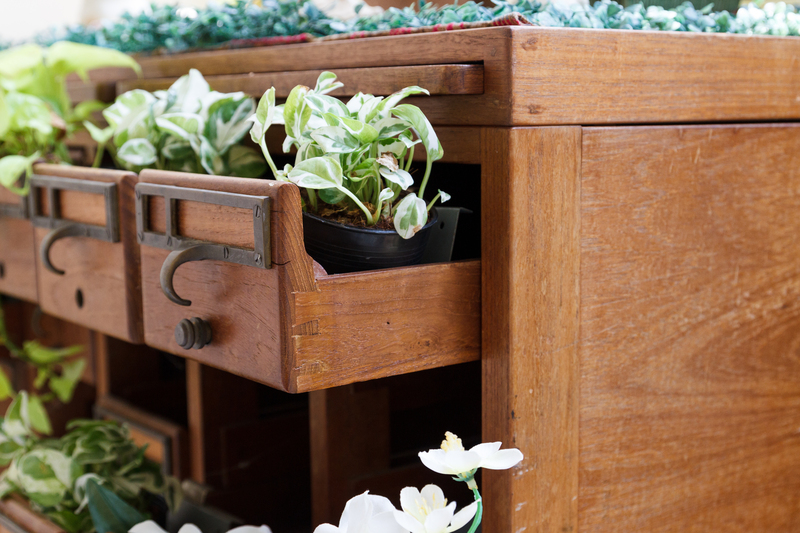Declutter Your Life for Less Stress
Posted on 12/12/2024
In today's fast-paced world, clutter can accumulate quickly, leading to increased stress levels and a sense of being overwhelmed. By decluttering your life, you create a more organized, efficient, and peaceful environment. This article offers practical tips to help you declutter different areas of your life for less stress and better well-being.
Understanding the Impact of Clutter on Stress
Clutter can have a significant impact on your mental and emotional well-being. It can cause feelings of anxiety, stress, and even depression. Studies have shown that a cluttered environment can raise cortisol levels, the stress hormone, making it harder to relax and feel at ease.

Steps to Declutter Your Physical Space
The first step in reducing stress through decluttering is to tackle your physical space. Here's how to get started:
1. Start Small
Begin with one small area, such as a drawer or a shelf. This makes the task less overwhelming and gives you a sense of accomplishment as you see immediate results.
2. Use the Four-Box Method
Get four boxes and label them 'Keep', 'Donate', 'Throw Away', and 'Relocate'. As you go through your items, place them in the appropriate box. This method helps you make quick decisions without second-guessing.
3. Declutter Regularly
Set aside time each day or week to declutter different areas of your home. Consistency is key to maintaining an organized space.
4. Minimize Your Wardrobe
Sort through your clothes and keep only those that you regularly wear and love. Consider donating or selling items you haven't worn in the past year.
5. Tackle Paper Clutter
Go through your papers and create a filing system for important documents. Shred or recycle old bills, junk mail, and unnecessary papers.
Tips for Decluttering Your Digital Life
Digital clutter can be just as stressful as physical clutter. Here are some tips to help you declutter your digital life:
1. Organize Your Emails
Set up folders and filters to keep your inbox organized. Unsubscribe from newsletters and emails that no longer serve you.
2. Delete Unnecessary Files
Go through your computer and remove files, apps, and programs you no longer use. Organize remaining files into folders for easy access.
3. Limit Social Media Time
Excessive social media use can contribute to stress and anxiety. Set boundaries on your usage and consider unfollowing accounts that bring negativity.
Decluttering Your Mind for Less Stress
Decluttering isn't just about physical and digital spaces. It's equally important to declutter your mind:
1. Practice Mindfulness
Mindfulness exercises, such as meditation, can help you stay present and reduce mental clutter.
2. Prioritize Tasks
Use to-do lists and prioritize tasks to focus on what's truly important, reducing feelings of being overwhelmed.
3. Set Boundaries
Learn to say no to commitments that don't align with your priorities to reduce mental load.
Pros and Cons of Decluttering
Pros:
- Reduces stress and anxiety
- Improves focus and productivity
- Creates a more organized and visually appealing environment
- Frees up space and time for things that truly matter
Cons:
- Can be time-consuming
- May involve emotional challenges when parting with sentimental items
- Requires maintenance and consistency

Takeaways
- Clutter can significantly impact stress and mental well-being.
- Start with small, manageable areas to build momentum.
- Use the Four-Box Method to make quick decisions.
- Regularly declutter both physical and digital spaces.
- Practice mindfulness and prioritize tasks to declutter your mind.
Conclusion
Decluttering your life can lead to less stress, a more peaceful environment, and improved overall well-being. By taking consistent steps to reduce physical, digital, and mental clutter, you can create a balanced and harmonious space. Start small, stay committed, and enjoy the benefits of a decluttered life.



